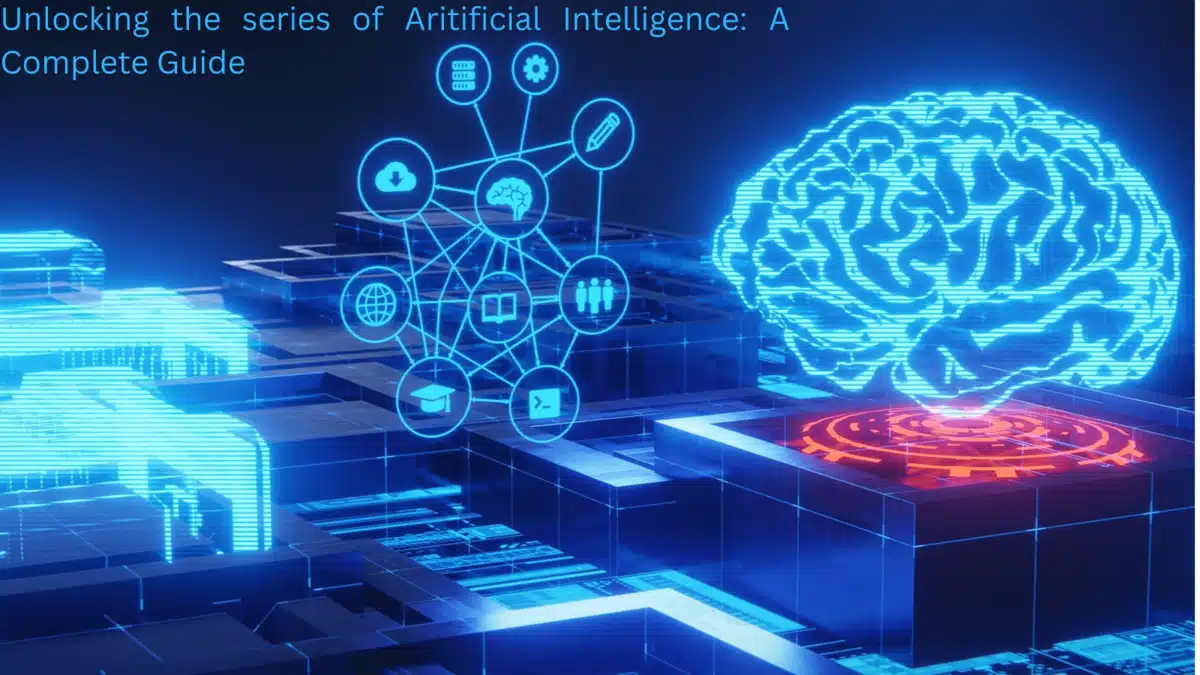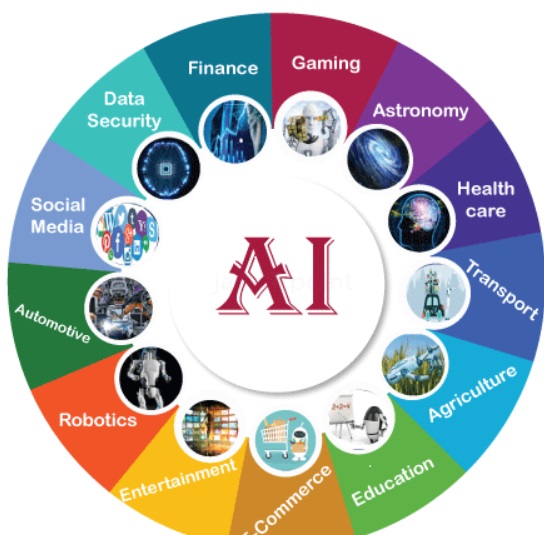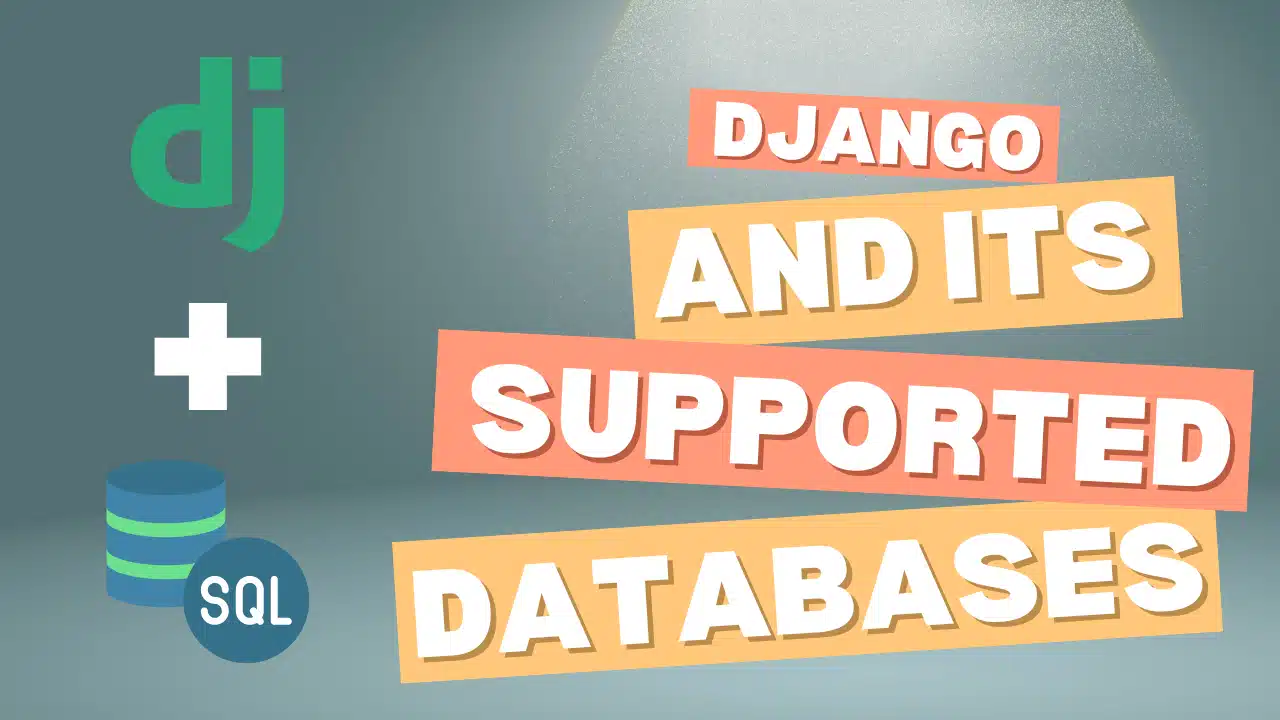Unlocking the Series of Artificial Intelligence: A Complete Guide

Artificial Intelligence (AI) is no longer just a futuristic concept; it's a part of our everyday lives, from the voice-activated assistants on our phones to recommendation systems on streaming platforms. But what exactly is AI, and how can we unlock its potential? This comprehensive guide will walk you through the basics of AI, its various branches, applications, and how you can start exploring this fascinating field.
1. Understanding Artificial Intelligence
Definition and Overview AI is a branch of computer science that aims to create machines capable of intelligent behavior. It involves the development of algorithms and systems that can perform tasks requiring human-like cognition, such as visual perception, speech recognition, decision-making, and language translation.
Types of AI

- Narrow AI: Also known as Weak AI, this type is designed to perform a narrow task (e.g., facial recognition or internet searches).
- General AI: Also known as Strong AI, this type aims to outperform humans at nearly every cognitive task. This level of AI does not yet exist.
- Superintelligent AI: This refers to AI that surpasses human intelligence and capabilities. It remains theoretical at this stage.
2. Core Components of AI
Machine Learning (ML) Machine Learning is a subset of AI that focuses on the development of algorithms that allow computers to learn from and make decisions based on data. Key techniques include:
- Supervised Learning: The model is trained on labeled data.
- Unsupervised Learning: The model finds patterns in unlabeled data.
- Reinforcement Learning: The model learns by interacting with its environment and receiving feedback.
Neural Networks and Deep Learning Neural networks are inspired by the human brain and consist of interconnected nodes (neurons). Deep learning, a subset of ML, uses neural networks with many layers (deep neural networks) to model complex patterns in data.
Natural Language Processing (NLP) NLP enables computers to understand, interpret, and respond to human language. Applications include language translation, sentiment analysis, and chatbots.
Computer Vision This field focuses on enabling machines to interpret and make decisions based on visual data from the world. Applications range from facial recognition systems to self-driving cars.
Applications of AI
Artificial Intelligence (AI) is transforming numerous industries by automating processes, enhancing decision-making, and creating new possibilities. Here are some key applications of AI across various fields:

AI in Astronomy AI helps astronomers analyze vast amounts of data from telescopes and satellites, enabling the discovery of new celestial objects, the classification of stars and galaxies, and the prediction of cosmic events. Machine learning algorithms can identify patterns and anomalies in astronomical data, leading to breakthroughs in our understanding of the universe.

AI in Healthcare AI revolutionizes healthcare by improving diagnostic accuracy, personalizing treatment plans, and accelerating drug discovery. Algorithms analyze medical images to detect diseases early, while predictive models forecast patient outcomes and suggest optimal treatments. AI also enhances telemedicine and patient management systems.

AI in Gaming AI creates more realistic and engaging gaming experiences through intelligent NPC behavior, procedural content generation, and adaptive gameplay. AI-driven game engines can tailor challenges to a player's skill level, provide dynamic storylines, and create vast, immersive game worlds that react to player actions.
AI in Finance In finance, AI enhances fraud detection, automates trading, and offers personalized financial advice. Algorithms analyze transaction data to identify suspicious activities, predict market trends for better investment decisions, and help financial institutions understand and cater to customer needs through data-driven insights.
AI in Data Security AI strengthens data security by detecting and responding to cyber threats in real time. Machine learning models identify unusual patterns and anomalies that may indicate a security breach, enabling quicker responses to potential attacks. AI also helps in automating threat detection and improving overall cybersecurity infrastructure.

4. Getting Started with AI
Learning Resources
- Online Courses: Platforms like Coursera, edX, and Udacity offer comprehensive AI courses.
- Books: "Artificial Intelligence: A Modern Approach" by Stuart Russell and Peter Norvig is a classic.
- Communities: Join AI-focused communities on platforms like GitHub, Reddit, and LinkedIn to collaborate and learn from others.
Tools and Frameworks
- Programming Languages: Python is the most popular language for AI development.
- Frameworks: TensorFlow, Keras, and PyTorch are widely used for building AI models.
Projects and Practice Start with small projects, such as developing a simple chatbot or a recommendation system. As you gain confidence, move on to more complex projects like image recognition or natural language processing applications.
5. Ethical Considerations in AI

Bias and Fairness AI systems can inadvertently perpetuate biases present in their training data. It's crucial to develop and deploy AI responsibly to ensure fairness and equity.
Privacy AI systems often require large amounts of data, raising concerns about data privacy and security. Robust measures should be in place to protect user data.
Transparency Understanding how AI models make decisions (often referred to as the "black box" problem) is important for building trust and accountability.
Conclusion
Unlocking the potential of AI requires a blend of theoretical knowledge, practical skills, and ethical considerations. Whether you're a beginner or looking to deepen your understanding, this guide provides a roadmap to explore the fascinating world of AI. As you embark on this journey, remember that AI is a rapidly evolving field, and staying updated with the latest advancements and best practices is key to success.
Happy learning, and welcome to the future of intelligence!
About Author
Latest Blogs

Mastering C#: Your Ultimate Guide to Learning C# Programming
Introduction to C#C# (pronounced "C sharp") is a versatile and powerful programming language developed by Microsoft. Launched in the early 2000s, it is primarily used for building Windows applications, web services, and games. With its clean syntax and object-oriented principles, C# has become one of the most popular programming languages worldwide.Why Learn C#?Versatility: C# is used in various domains, from desktop applications to cloud-based services.Strong Community: With a robust community …

A Complete Guide to Hacktoberfest 2024: How to Register, Contribute, and Make the Most of It
Hacktoberfest is back for 2024! This annual event encourages developers worldwide to contribute to open-source projects. Whether you're a seasoned open-source contributor or a newcomer, this guide will walk you through the process of getting started, making contributions, and maximizing your participation in Hacktoberfest 2024. What is Hacktoberfest?Hacktoberfest is an event held every October to celebrate and promote open-source software. DigitalOcean organizes it in partnership with other tech companies and open-source …

Django and Its Supported Databases: A Comprehensive Guide
Django, a powerful web framework written in Python, offers seamless integration with various databases. Choosing the right database depends on your project needs. This guide will explore all available databases compatible with Django, how to connect them, incompatible databases, and frequently asked interview questions related to Django database integration.Supported Databases in DjangoPostgreSQLMySQLMariaDBSQLiteOraclePostgreSQLPostgreSQL is a popular open-source relational database that is fully supported by Django. It's known for advanced features like …

Python Generators: A Comprehensive Guide with Examples, Use Cases, and Interview Questions
IntroductionIn Python, generators provide a powerful tool for managing large datasets and enhancing performance through lazy evaluation. If you’re aiming to optimize memory usage or handle streams of data efficiently, understanding Python generators is crucial. This blog will cover what Python generators are, how they work, their advantages, scenarios where they shine, and some common interview questions. Whether you're a seasoned developer or new to Python, this guide will help …
Social Media
Tags
##Python
##ML
##AI
##Django
